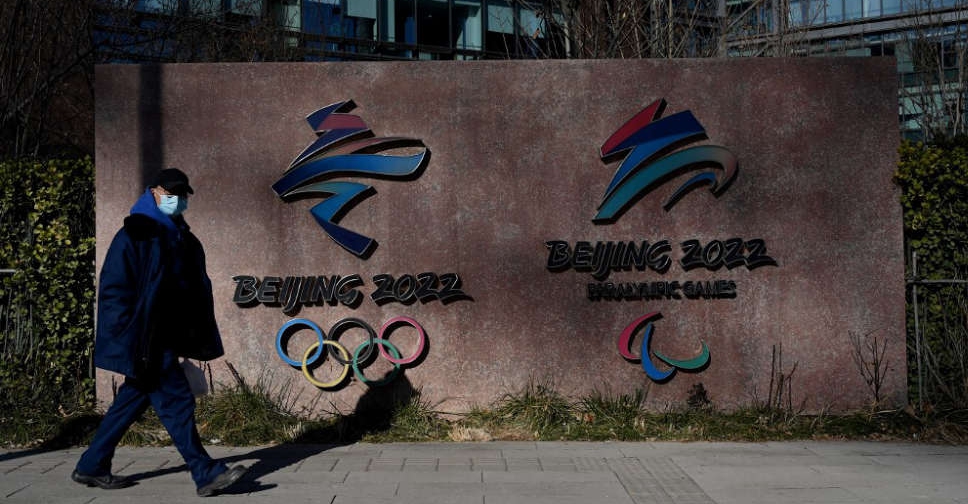
US government officials will boycott the 2022 Winter Olympics in Beijing because of China's human rights "atrocities", the White House said on Monday.
This comes just weeks after talks aimed at easing tense relations between the two superpowers.
The diplomatic boycott, which leaves athletes free to travel to Beijing to compete, has been encouraged by some members of Congress and rights advocacy groups for months.
Beijing threatened unspecified "resolute countermeasures" against any such move before Monday's announcement, which is certain to further strain relations already at their lowest point in decades.
President Joe Biden's administration highlighted what Washington says is genocide against minority Muslims in China's western region of Xinjiang. China denies all rights abuses.
"US diplomatic or official representation would treat these games as business as usual in the face of the PRC's egregious human rights abuses and atrocities in Xinjiang, and we simply can't do that," White House press secretary Jen Psaki told a daily press briefing, referring to the People's Republic of China.
"The athletes on Team USA have our full support," Psaki added. "We will be behind them 100 per cent as we cheer them on from home."
The move comes despite an effort to stabilize ties with a video meeting last month between Biden and China's leader Xi Jinping.
China's embassy in Washington called the boycott "political manipulation" that would have no impact on the Games as no invitations had been extended to US politicians.
Russian President Vladimir Putin is the only leader of a major country who has accepted an invitation.
The Chinese Mission to the United Nations said the move "reflects the Cold War mentality of the United States."
"The US just wants to politicize sports, create divisions and provoke confrontation," a statement from the mission said. "This approach will find no support and is doomed to fail."
It was unclear if others would join the United States, although US Secretary of State Antony Blinken had said allies were consulted on a "shared approach".
Canada's foreign ministry said it "remains deeply disturbed by the troubling reports of human rights violations in China" and is continuing to discuss the matter "with our partners and allies."
The Australian and Japanese governments said they were also still considering their positions for the Games, which begin on February 4.
"We will consider matters such as the meaning of the Olympic Games and our diplomatic relations, and would like to make our own decision based on what is best for our national interest," Japan's Prime Minister Fumio Kishida told reporters.
New Zealand Deputy Prime Minister Grant Robertson said his country would not send government officials but that decision was based largely on COVID-19 concerns and preceded the US boycott.
"We've made clear to China on numerous occasions our concerns about human rights issues," Robertson told reporters, according to state broadcaster TVNZ.
Stefano Sannino, chief of the European Union's diplomatic service, said last week that boycotts were a matter for individual member states, not common EU foreign policy.
Human rights groups welcomed the move, but said Washington could do more to hold China accountable.
However, some political analysts said the boycott was less a threat to the Games and more of an optics problem that Beijing fueled by threatening retaliation.
"It would have been a non-story if let alone," said Lisa Delpy Neirotti, an associate professor of sport management at the George Washington University School of Business. "We typically do not send a large government delegation anyway, especially in COVID times."
George W. Bush was the last US president to attend a Games opening ceremony, as host at Salt Lake City in 2004. Vice President Mike Pence attended the 2018 winter Games in Pyeongchang.
The diplomatic boycott puts corporate Olympic sponsors in "an awkward spot" but was less concerning than a full measure barring athletes, said Neal Pilson, a former president of CBS Sports who has overseen Olympics broadcast rights deals.
US State Department spokesman Ned Price told reporters the government would not dictate private sector practices, but said firms should be "fully cognizant" of what is transpiring in Xinjiang.
A spokesperson from Comcast-owned NBCUniversal said it would broadcast the Games as planned.
POTENTIAL RETALIATION
Scott Kennedy, a China expert at the Center for Strategic and International Studies in Washington, said Beijing's options to retaliate included limiting bilateral dialogue, stalling visas, or hamstringing athletic delegations and journalists at the Games.
The United States is due to host the 2028 Summer Olympics in Los Angeles.
The International Olympic Committee (IOC), which has faced criticism for turning a blind eye to China's right record, said the Games should be "beyond politics".
Sarah Hirshland, chief executive of the US Olympic and Paralympic Committee, said Team USA was "excited and ready to make the nation proud."
Many US athletes argued it would have been unfair to ban them from the Games, and some US lawmakers who supported not sending officials had said it was in US interests for its national anthem to be playing in Beijing as Americans received medals.
Four-time Olympian Angela Ruggiero greeted the announcement with relief: "You know, you work all your life to compete and you never want politics to get in the way of that chance."



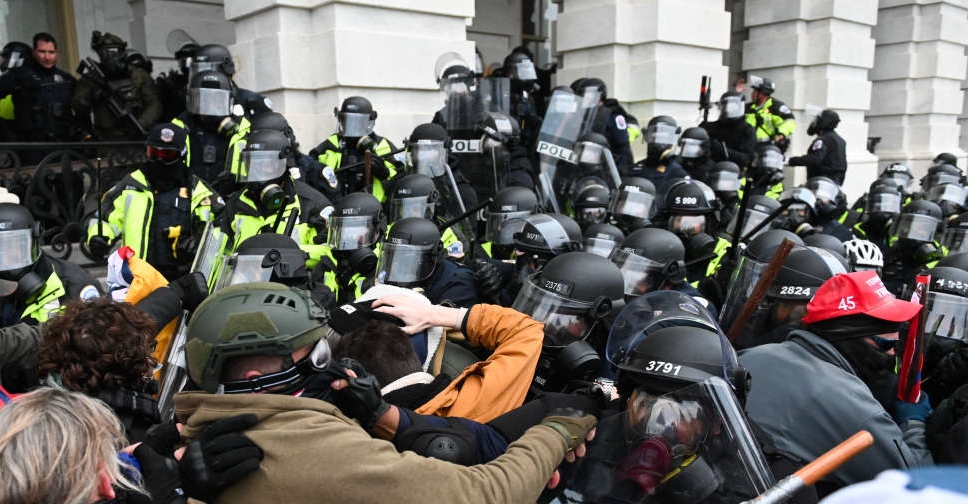 US Justice report finds Trump engaged in 'criminal effort' to overturn 2020 election
US Justice report finds Trump engaged in 'criminal effort' to overturn 2020 election
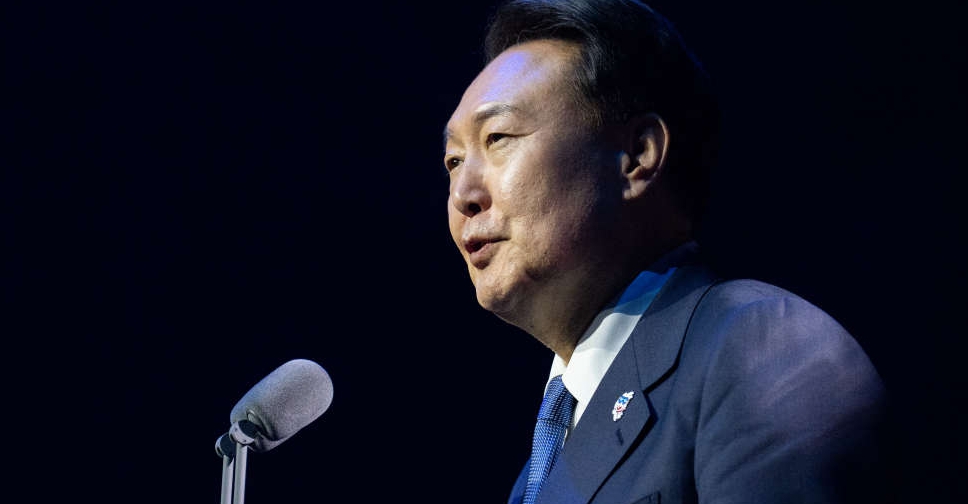 Impeachment trial of South Korea's Yoon adjourned
Impeachment trial of South Korea's Yoon adjourned
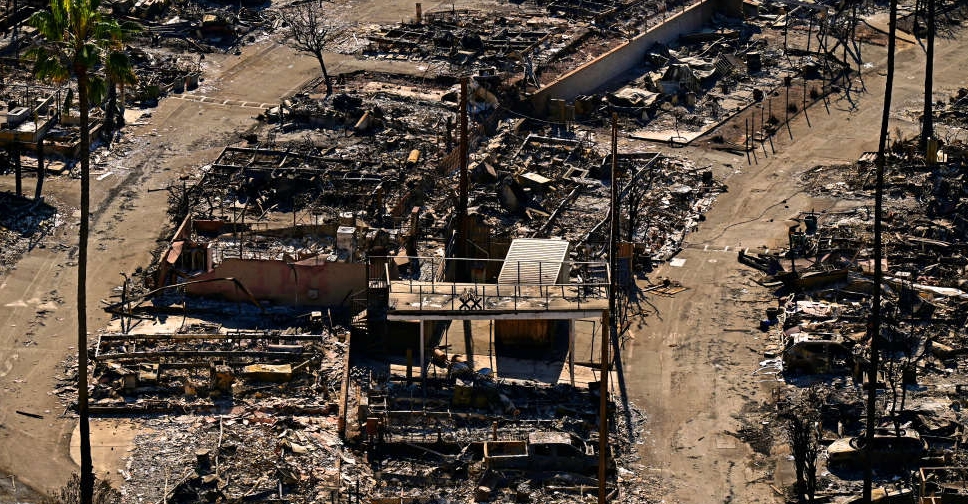 Los Angeles utility sued for Palisades Fire water shortage
Los Angeles utility sued for Palisades Fire water shortage
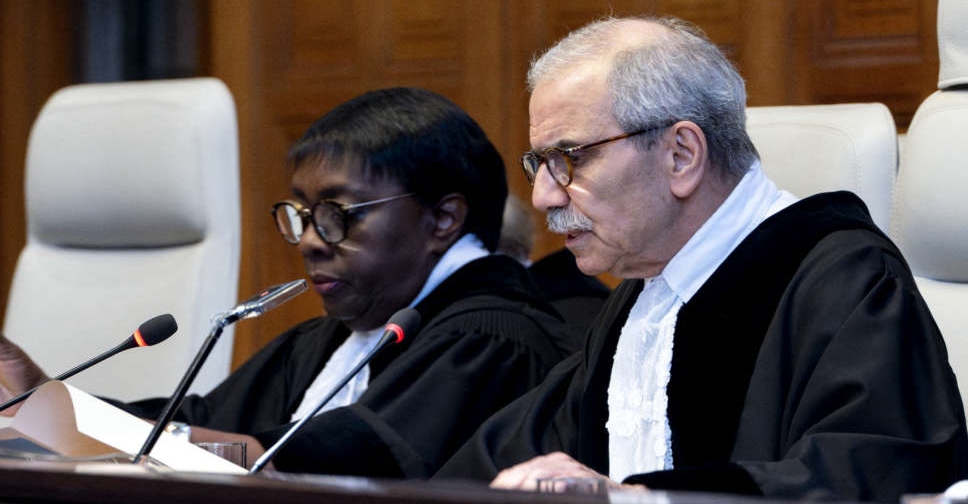 Lebanon's Nawaf Salam to be designated PM
Lebanon's Nawaf Salam to be designated PM
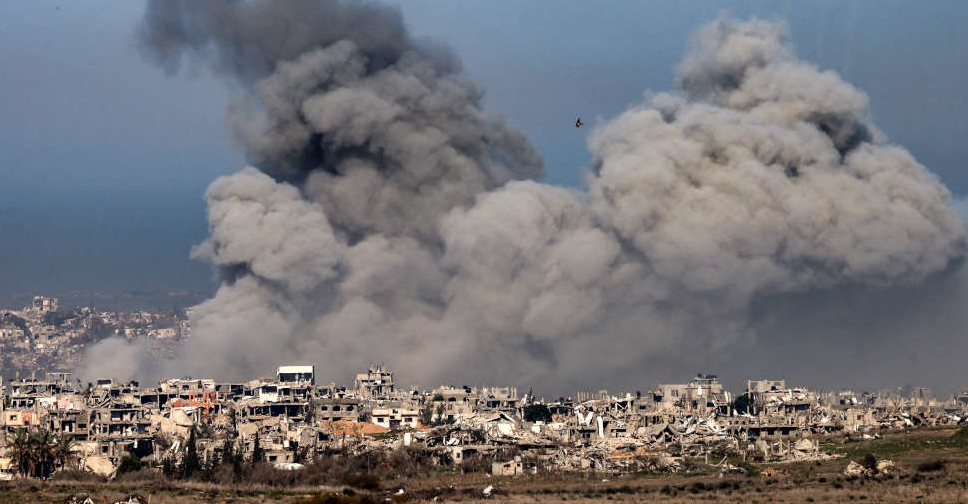 Qatar hands Israel, Hamas 'final' draft of Gaza ceasefire deal
Qatar hands Israel, Hamas 'final' draft of Gaza ceasefire deal







